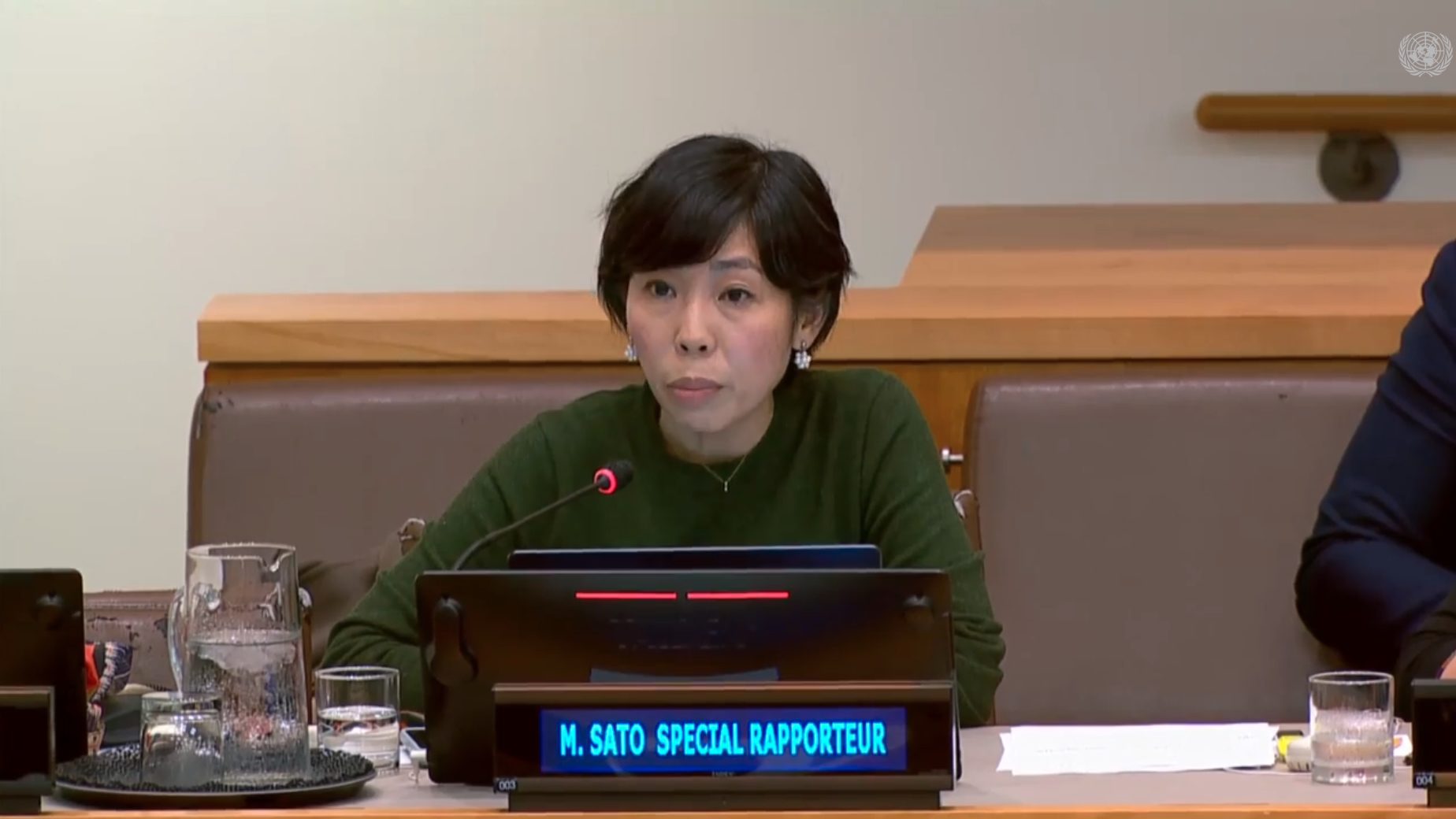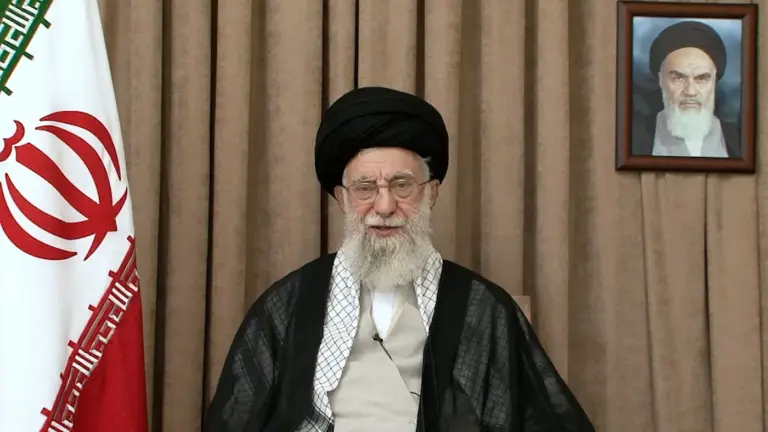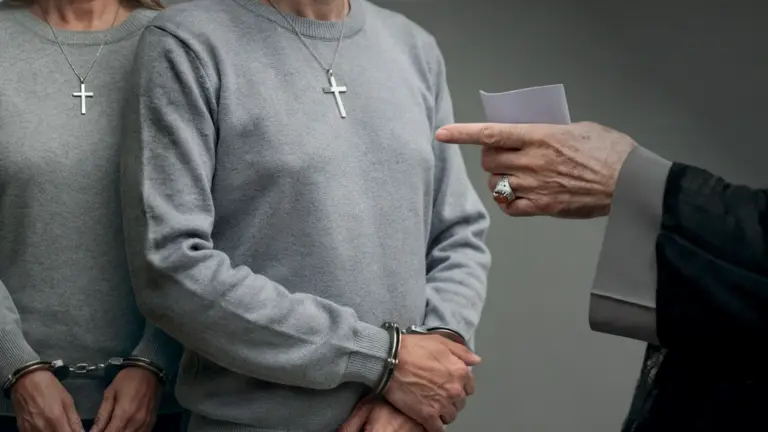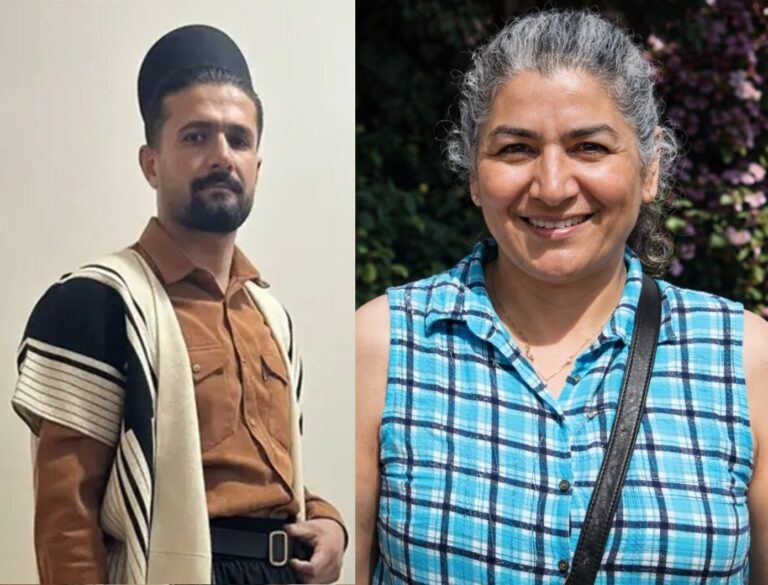The UN’s Special Rapporteur (SR) on human rights in Iran highlighted the recent arrest of Christians on accusations of “espionage” or “collaboration” with Israel during her address to the UN General Assembly’s Third Committee yesterday.
Mai Sato was speaking as part of a joint interactive dialogue with Sara Hossain, head of the Fact-Finding Mission on Iran (FFMI) set up in the wake of the 2022 protests and reestablished earlier this year with a wider mandate that also includes religious discrimination.
Dr Sato said there has been a “further shrinking of civic space” in Iran since the conflict with Israel, including through members of ethnic and religious minorities “such as the Baha’is, Christians, Jews, Kurds, Baluchis and Ahwazi Arabs being detained on accusations of collaboration or espionage”.
In August, Iran’s Ministry of Intelligence openly admitted to having arrested over 50 Christians, calling them “Mossad mercenaries” who had been “trained abroad” by churches in the United States and Israel, and had acted “under the guise of the Zionist Christian evangelisation movement”.
In response to the statements of the FFMI and SR on Iran, the representative of the Islamic Republic used the same word – “mercenaries” – when criticising the FFMI for “limiting” its focus to “mercenaries who collaborated with the Israeli regime in targeting Iranian innocent people”.
Ms Hossain had noted in her address that the “repression of ethnic and religious minorities under the guise of ‘ensuring national security’” had “intensified” since the conflict, with members of the Baha’i minority also being “accused of being ‘Zionist spies’”.
“Some were arrested in house raids, with their property confiscated,” she added.
Both the SR and FFMI also highlighted the mistreatment of prisoners in Evin following the strike on the prison, which they also condemned.
Ms Hossain said the Iranian authorities “may have failed to take reasonable measures to protect detainees before, during and after the strikes. They evacuated prisoners only after the strikes, removing some of them at gunpoint and shackling and threatening them. Prisoners’ families were not informed for weeks, sometimes months, of their loved ones whereabouts”.
She also criticised the recently passed espionage law, which she said “broadens the scope for imposing the death penalty for very vaguely defined defences, which are framed as espionage”.
Among her recommendations to UN member states, Ms Hossain encouraged them to support victims by “providing humanitarian visas for those courageous persons who need the support [and] who have managed to leave the country”.
The representatives of the UK, EU, Ireland, the Netherlands, Canada, Australia, Switzerland, Germany and Israel highlighted the plight of religious minorities in their statements, with the UK saying “minority communities” had been “disproportionately targeted with increased harassment, arbitrary arrest and detention”, while the EU said they faced “systematic discrimination” and the Netherlands termed it “systematic oppression”.
Before the renewal of their mandate earlier this year, the members of the FFMI said they had only “scratched the surface” in “exposing the structural and institutional discrimination” against religious minorities in Iran, and needed more time to investigate these and other rights violations.
You can watch the interactive dialogue in full below.




0 Comments